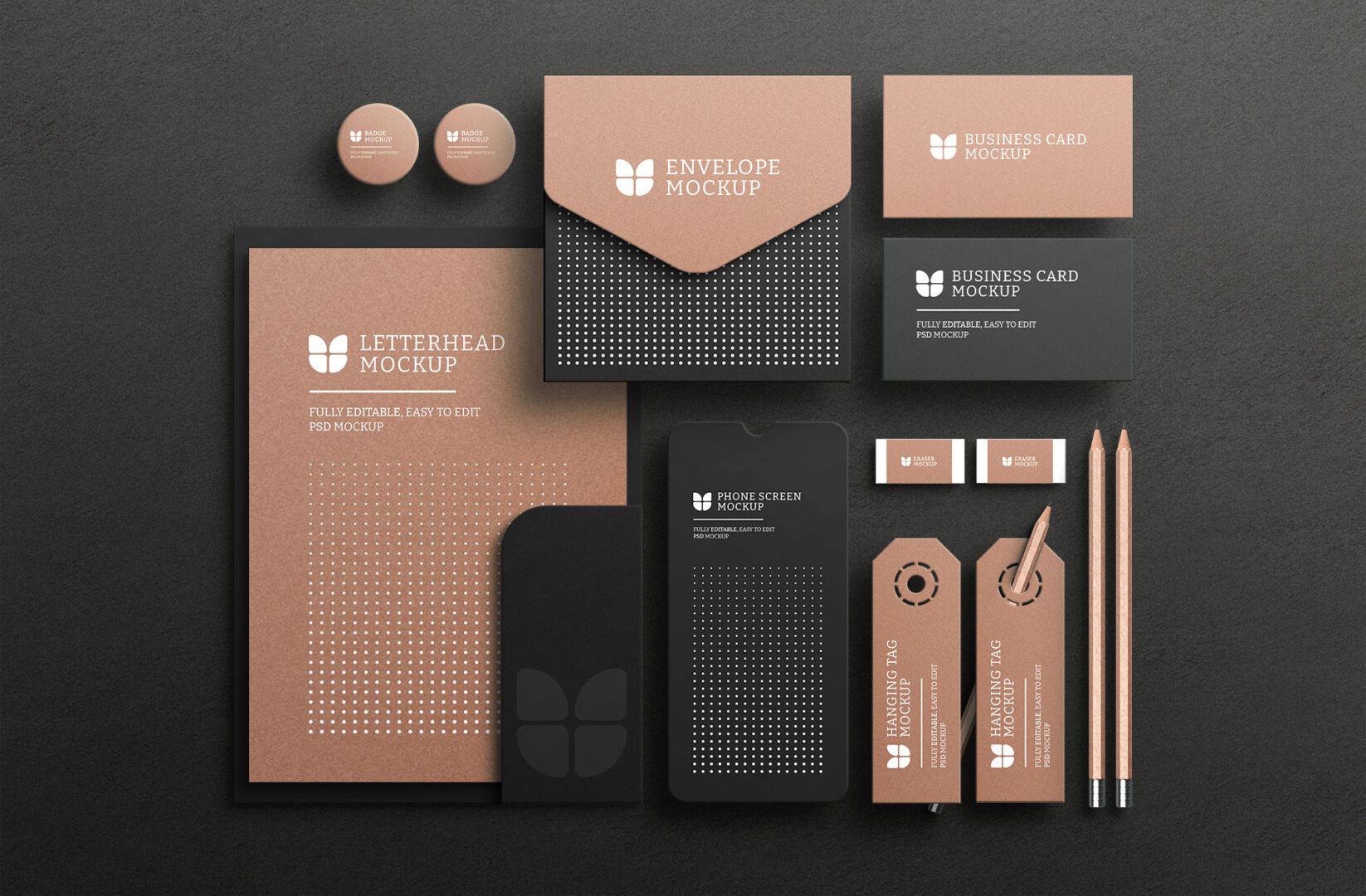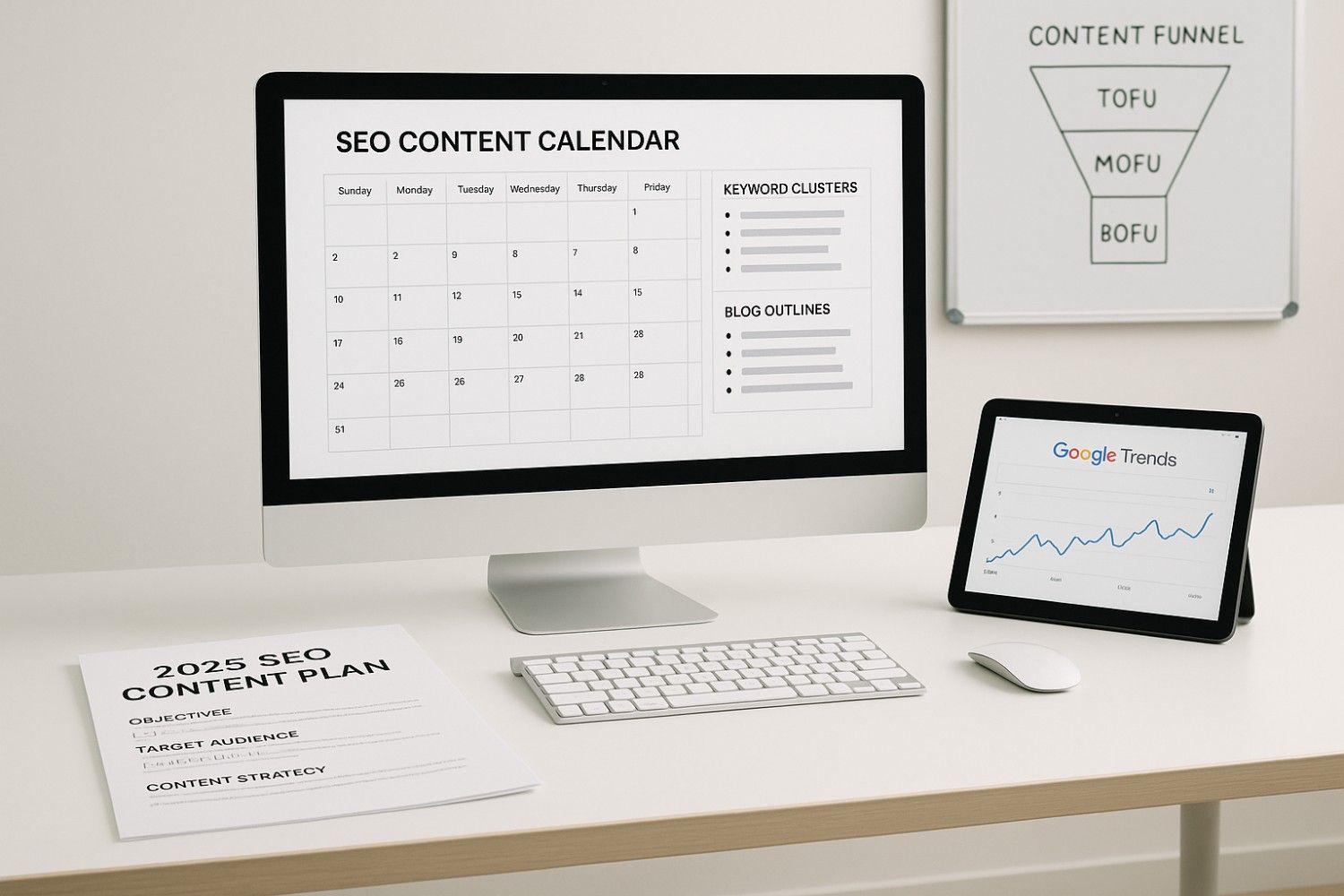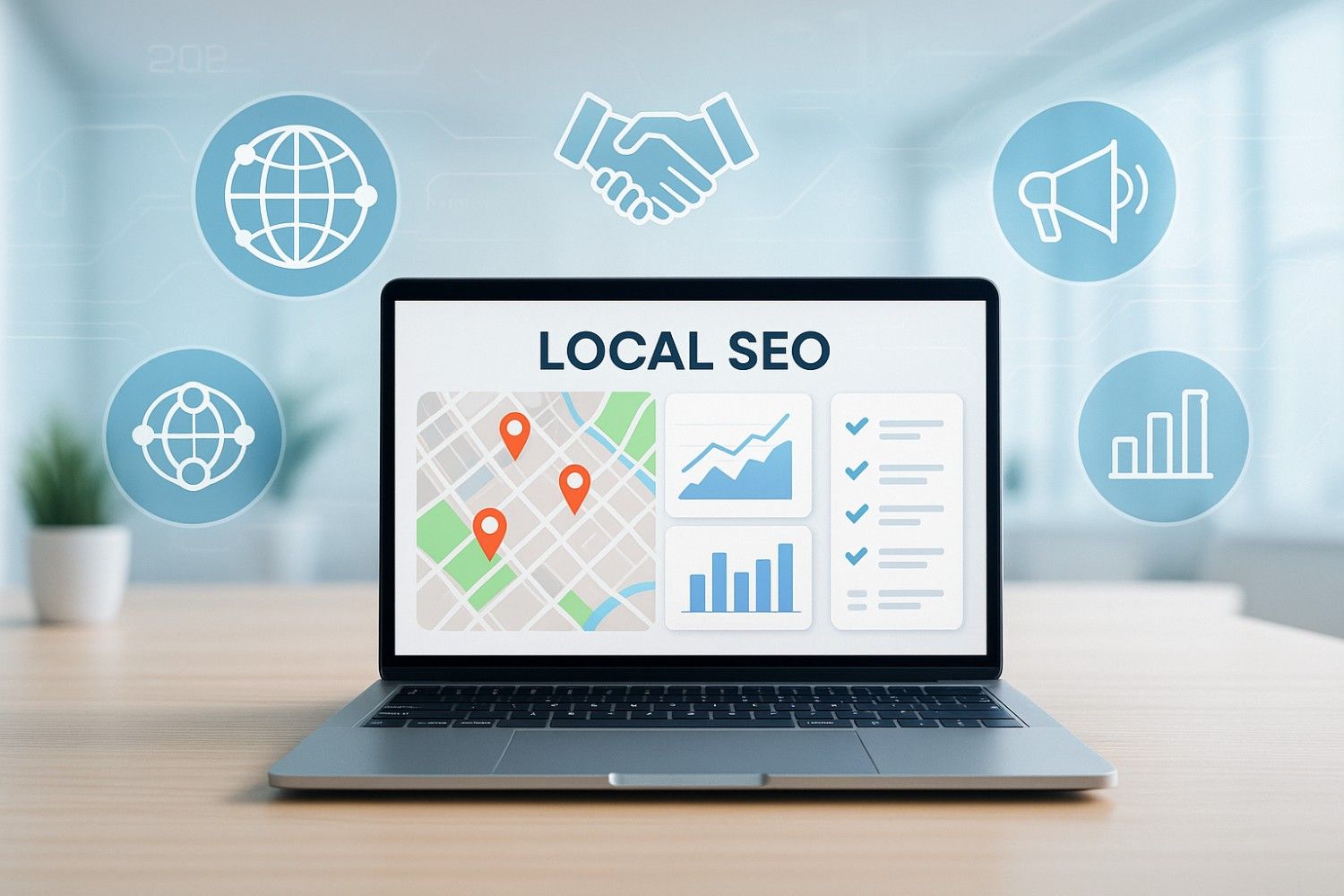In today’s world, the way we perceive a brand’s identity is not just limited to its products or services. In fact, the visual elements of a brand have a significant impact on how we perceive its overall identity. This is where graphic design comes in. Graphic design is the art of creating visual content to communicate a message or an idea. It plays a crucial role in enhancing a brand’s identity and can help a brand stand out in a crowded market. In this blog post, we will be focusing on how graphic design can enhance your brand’s identity and why it is essential for your business.
Table of Contents
- What is Brand Identity?
- Importance of Brand Identity
- Create a Brand Identity That Reflects your Business Goals
- Consider What you Want your Brand to Represent
- Create a Visual Identity and Keep it Simple
- How Graphic Design Can Enhance Brand Identity
- Graphic Design Increases the Value of your Brand Tremendously!
What is Brand Identity?
Before we dive into the details of how graphic design can enhance a brand’s identity, let’s first understand what brand identity is. Brand identity refers to the collection of visual and non-visual elements that represent a brand. These elements include the brand’s logo, colors, typography, packaging, messaging, and more. Together, these elements help communicate the brand’s personality, values, and positioning to its audience.
Importance of Brand Identity
Having a strong brand identity is crucial for the success of any business. It helps create a lasting impression on customers, differentiates the brand from competitors, and builds brand loyalty. Strong brand identity also helps businesses establish trust and credibility with their audience, which can lead to increased sales and revenue.
Create a Brand Identity That Reflects your Business Goals
The brand identity of a company is the perception that people have of its products and services. This can be achieved through a variety of mediums, including logos, website design, and color schemes. Branding can be thought of as creating an image or persona for your business that includes everything from how you present yourself to potential customers to what you offer in terms of service or product offerings.
The first step in developing your brand identity is determining who exactly you’re targeting with this new look being able to create it yourself or hiring someone else who specializes in graphic design projects!
Consider What you Want your Brand to Represent
First, consider what you want your brand to represent. What is the identity of your business? Who are you? What does your company stand for and how does it differentiate from other brands in its category?
Next, think about who will be using this logo or design element on their products or websites. You may want to consider whether these users will be children, teenagers, or adults; male or female; native English speakers from around the world; people who live in a specific country (such as the USA) but speak another language at home and so on.
For example: if we were creating an energy drink for teens then we would want our designs to reflect those characteristics so that our target audience knows exactly what they’re getting into when they choose one particular product over another one with similar packaging but fewer calories per bottle.
You should be thinking about how you want your identity to be perceived.
- Identity is the perception of a brand, company, or product.
- Identity is the perception of services or products that serve a specific need.
- Identity may also be perceived as an individual’s personality traits and characteristics (e.g., “the friendly guy who always has time for others”).
Create a Visual Identity and Keep it Simple
One of the most important things you can do to create a visual identity is to keep it simple. You don’t have to use fancy fonts, but make sure that your font choices are legible and easy on the eyes. Fonts like Helvetica or Arial are best when they are used in large sizes because they provide clear text with little distinction between letters and words, which makes them great for headlines and titles of documents.
In addition, select colours that work well together and aren’t too distracting from each other so that viewers won’t get lost in their surroundings when reading through your content (or looking at an image). For example, green themes often go well with yellow; purple/blue can be used together successfully if there’s enough contrast between them; red works great with orange tones; etcetera…
Brand Development Services Pakistan
How Graphic Design Can Enhance Brand Identity
Now that we have established the importance of brand identity let’s discuss how graphic design can enhance it.
1. Creates a Memorable Logo
2. Establishes Brand Colors and Typography
3. Develops a Consistent Visual Language
4. Enhances User Experience
1. Creates a Memorable Logo
One of the most important elements of a brand’s visual identity is its logo. A logo is the face of the brand, and it is often the first thing customers notice. A well-designed logo can help a brand stand out from its competitors and create a lasting impression on customers.
Graphic designers use various design elements such as typography, colour, shape, and size to create a unique logo that represents the brand’s identity. A well-designed logo is simple, memorable, and communicates the brand’s personality and values.
2. Establishes Brand Colors and Typography
In addition to a logo, a brand’s colours, and typography are also important elements of its visual identity. The colours and typography used in a brand’s marketing materials help create a consistent look and feel that customers can recognize.
Graphic designers use colour psychology to choose the colours that best represent the brand’s personality and values. For example, blue is often associated with trust and reliability, while red is associated with passion and excitement. Similarly, typography can also communicate the brand’s personality. A modern and bold typeface can represent a brand that is innovative and cutting-edge, while a more traditional and elegant typeface can represent a brand that is timeless and classic.
3. Develops a Consistent Visual Language
Consistency is key when it comes to a brand’s visual identity. Consistent visual language helps create a strong and recognizable brand identity that customers can easily identify.
Graphic designers use design elements such as layout, imagery, and style to create a consistent look and feel across all of a brand’s marketing materials. This includes everything from website design to social media graphics, product packaging, and more.
4. Enhances User Experience
Graphic design also plays a crucial role in enhancing the user experience. Well-designed websites and apps with a clear and intuitive user interface can create a positive user experience and encourage customers to engage with the brand.
Good Graphic designers use design elements such as layout, typography, and imagery to create an intuitive user interface that guides users through the website or app. A well-designed user interface can make it easier for customers to find the information they need and complete tasks such as making a purchase or filling out a contact form.
Graphic Design Increases the Value of your Brand Tremendously!
Graphic design is a powerful tool that can be used to create an identity for your brand or project. The main goal of graphic design is to communicate your message clearly and concisely through visually appealing visuals. In addition, it also allows you to convey emotion through color and fonts, which will resonate with the audience you’re targeting.
For example, if you have a clothing store selling clothes online, then using an image of yourself wearing the exact same outfit as when someone visits your site could be beneficial in helping them understand what kind of clothing they would like to buy from you directly through their computer screen rather than having them go into real life stores first before making any purchases at all (which may take hours).
Conclusion
When it comes to marketing and branding, there’s no question a well-designed logo elevates your brand. But what if you don’t have one? That’s why we created this guide so that you can learn how to design one yourself! By following the steps outlined above, anyone can create a unique identity for their business.
The key is in knowing who they want to represent and then taking advantage of all available tools—from traditional methods like graphics software programs like Adobe Illustrator or Notability, but also social media platforms like Instagram or Facebook Groups – to help build visibility around your brand identity while also reaching out directly through email campaigns or printed materials such as press releases – anything that helps make others aware of what makes them special!





